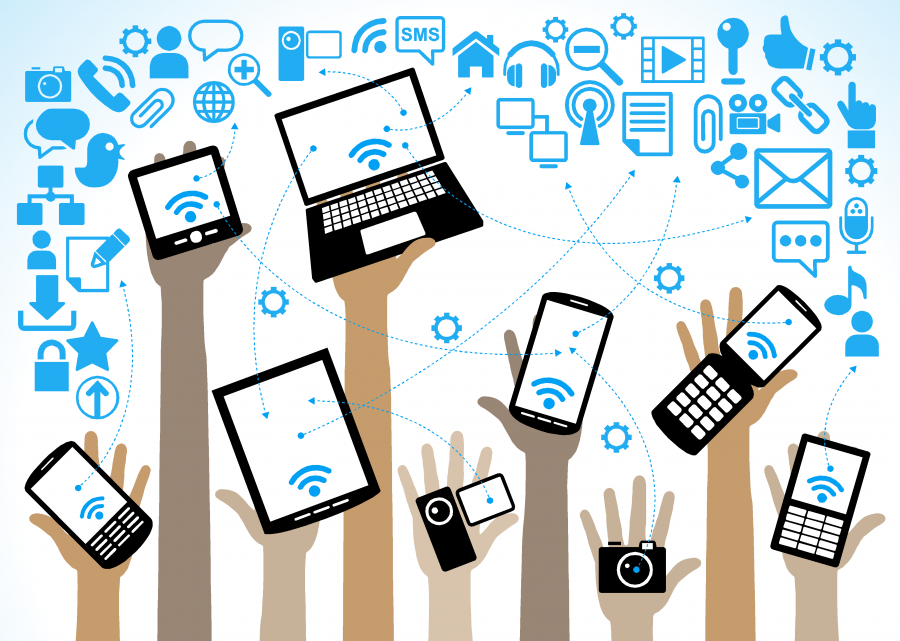As a teenager, and a college freshman, in this growing digital age, I am constantly using technology. Sometimes without even thinking about it. I use my phone to socialize and communicate, or just when I'm bored. I use my computer during classes and to complete my homework, but also to watch TV on countless platforms. I stay connected through Snapchat or Instagram, and I rely on these digital tools to organize both my social life and my academics. In many ways, technology has enhanced my world. But as I reflect on our class discussions and my own experiences, I realize that my relationship with technology can be considered complex. It is filled with benefits but also burdened by unintended consequences.
Let me start by saying I truly believe the internet is one of humanity's most extraordinary inventions. The ability to access nearly all human knowledge in seconds, to connect with people around the globe, and to create content instantly is nothing short of revolutionary. I can share my ideas to the world with the click of a button in a story or a post. I can educate myself on any topic, all from a device I can hold in my hand.
But despite all the benefits, I have begun to question whether my relationship with technology is always healthy. I often find myself checking my phone without realizing it, falling into an endless loop of apps and notifications. There have been days where I have spent more time communicating on my phone than engaging with the people physically with me. That kind of isolation can disconnect people from the real world.

These are more than just personal concerns, they reflect broader societal issues. Many of the terms we associate with the internet like "cyberbullying "or "ghosting" did not exist without social media. These phrases are not just words; they reflect serious consequences that affect mental health. According to a PBS report in 2023, youth suicide rates in the United States have risen drastically in the past decade, and researcher's conclusions have led them to believe social media use has a lot to do with it. As an example, a few weeks ago in my hometown a 10-year-old girl committed suicide due to cyberbullying and bullying in school. This really shows how uncontrollable social media can be in the hands of impressionable aged people, as well as in older people too.
When I look at the people around me- my friends, family, and classmates, I see a wide range of relationships with technology. Some are thriving, using it as a tool to increase their education, creativity, or even to make money and connections. Others seem overwhelmed, trapped in the ideas of comparison, distraction, or dependence. Technology plays a role in every relationship I have, both positively and negatively. It allows me to keep in touch with loved ones and share moments some cannot be present for. But it also introduces more distances, especially when we are physically together but paying more attention to our phones than each other's company.
Another important consideration is my digital footprint. I know that everything I share becomes part of my public identity. Employers, the admissions department, and even strangers can learn a lot about me from just a simple Google search of my name. I personally am not one to post things that would show me in a bad light, or anything to be alarmed about, but I have seen strangers, as well as people I know post things I know they probably should keep to themselves, or their group of friends. These things could inhibit them from jobs, college acceptances, and even new relationships in the future. This just reminds me how important it is to curate an image I want everyone to see while I use social media. Our digital identities are not separate from who we are, they are just extensions of ourselves.
Ultimately, I don't believe technology should be considered either good or bad, it's how we use it that defines the impact of it. Like any relationship, the one we have with technology requires reflection and boundaries.











